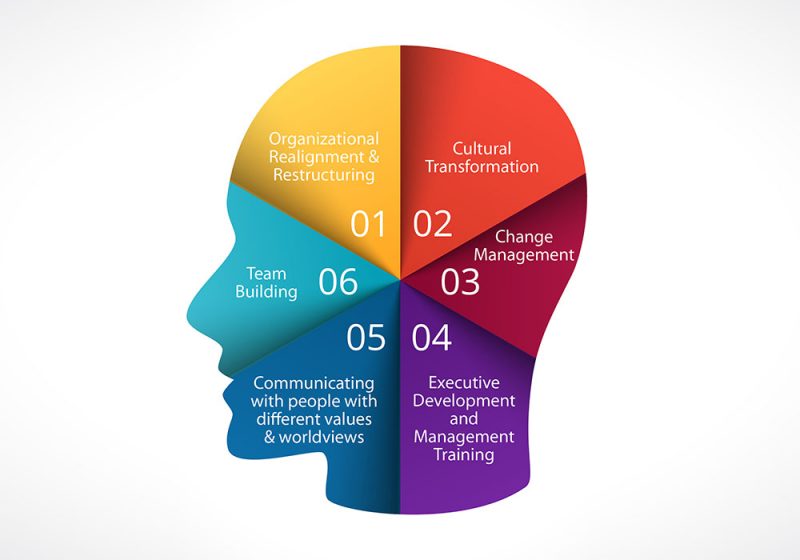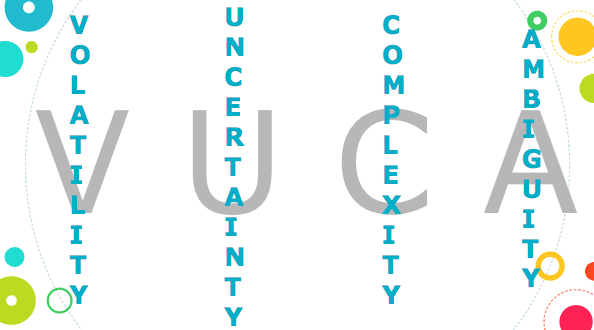Self-management – Unleashing Employee Engagement
Turquoise organizations are a model of creating companies more and more often used by entrepreneurs. Increasingly chosen both in large and small companies. In the book “Working differently” Frederic Laloux described the turquoise management model as the highest stage in organizational management consciousness. Besides the “Evolutionary Turquoise” there are four other “colors of the organization” – that is the organizational cultures of the company, but described as the most innovative and future-oriented. While in classic management we deal with a hierarchical system, in turquoise organizations we distinguish three pillars – self-management, striving for wholeness and an evolutionary goal. After Frederic Laloux published Working Differently, it turned out that many more leaders and companies were creating organizations using self-management practices. Such people were, among others, Marek Wzorek, who at igus Sp. z o.o. as the president of the management board, he co-founded an organization based on a non-hierarchical Solar System as the company’s organizational structure. By gathering my own experience and by talking to many other self-management practices, such as Ruben Timmerman, Jan Zborowski, Rahim Blak or Frank Blase, Marek Wzorek described his own experience in self-management and other practitioners in the book “From hierarchy to turquoise, or how to manage in the 21st century”. In this article, we are going to look at the first pillar of teal organizations – self-management. What is self-management, or how can a company function based on mutual relations?
Continue reading











